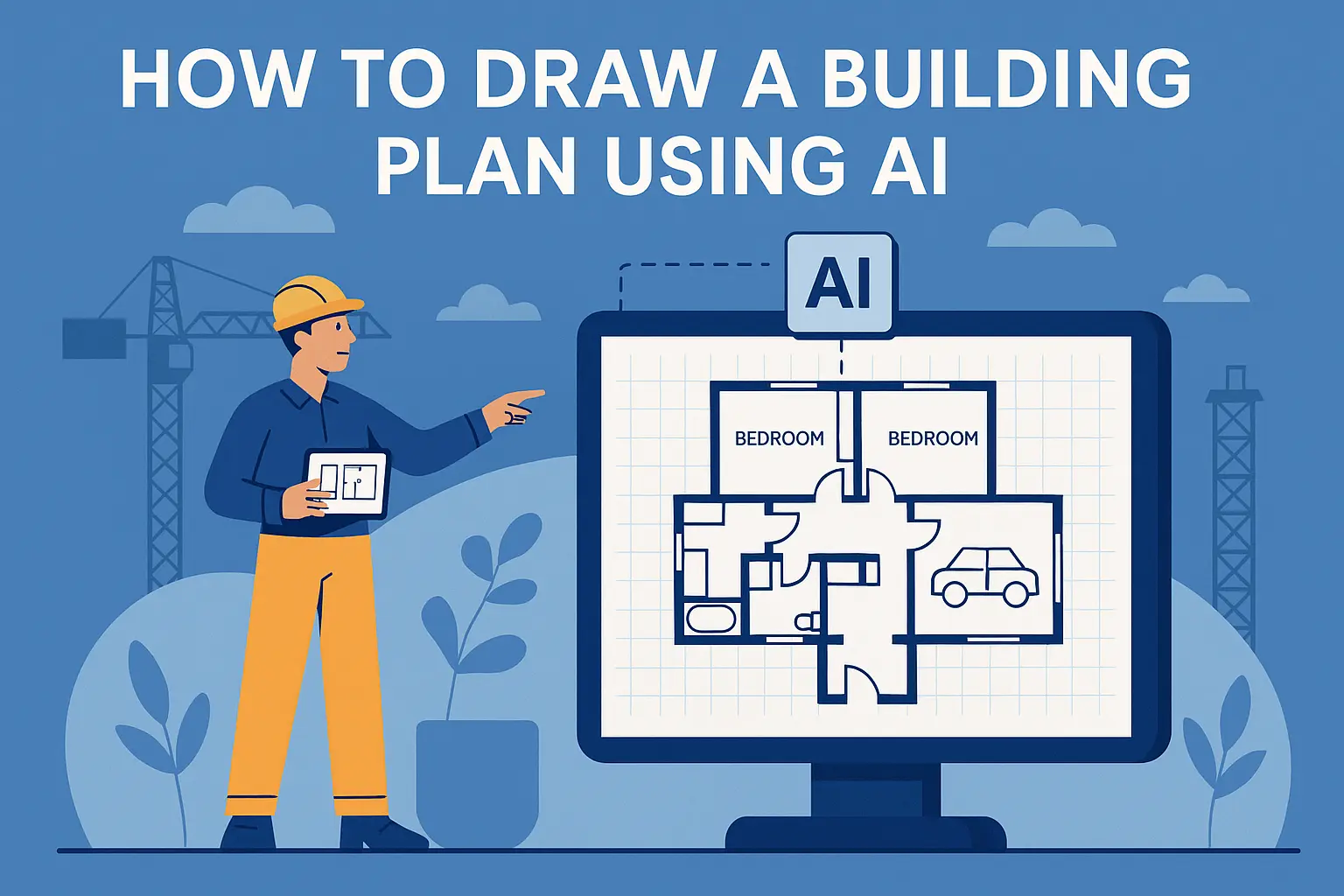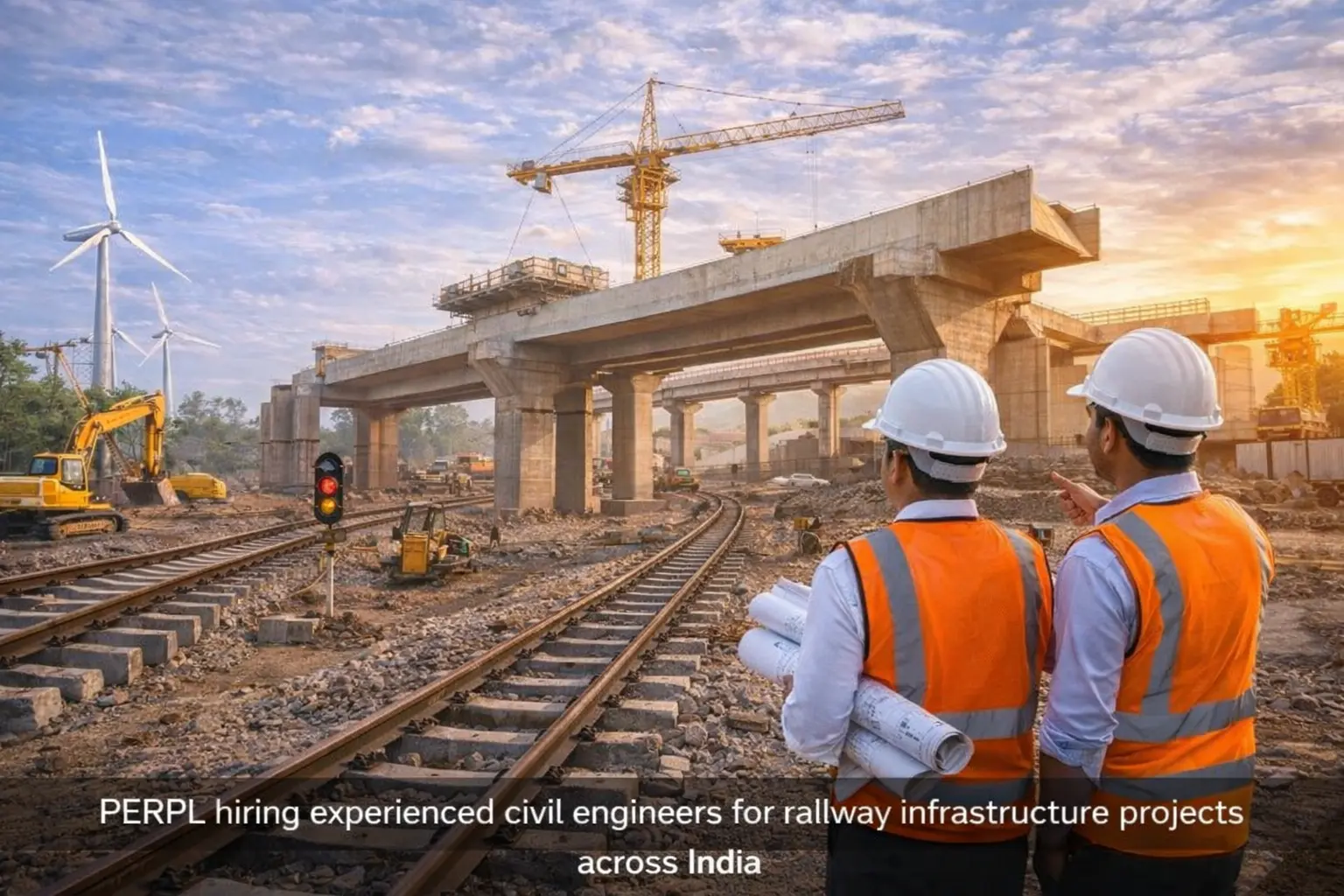Civil engineering and construction are often used as a single term for the built environment; in reality, they are different things. While both play a vital role in defining your work-space around you their purview, scope, and purpose are very different. In this article, I take a look at these two fields to see what makes each one so much different.
Understanding Civil Engineering
The discipline of civil engineering deals with designing, planning, and analysis of infrastructure projects. Examining the principles of how to make structures strong, efficient, and durable to the levels that would be technically feasible today.
Key Responsibilities of Civil Engineers
- Planning and Design: Then developing blueprints to make sure the structure complies with the regulatory standards.
- Analysis: Environmental impact assessment, material strength, and site conditions.
- Supervision: Construction management to see that the construction is done according to the design.
- Specializations: Structural engineering, Geotechnical engineering, Transportation engineering, and Environmental engineering.
Most civil engineers work on large-scale projects such as highways, bridges, dams, and water supply systems.
Understanding Construction
Construction is the practical process by which structures of different kinds and sizes are built as per the design of engineers and architects. It is a hands-on field where you actually physically assemble buildings and infrastructure.
Key Responsibilities in Construction
- Project Management: He coordinated labor, materials, and equipment.
- Execution: Turning blueprints into real-life structures.
- Quality Control: To make sure how safe and high-quality the construction will be.
- Cost Estimation: With the way budgets and timelines should be managed.
Construction professionals carry through the plans, planning construction practice by priming contractors, seeking materials, and overseeing on-site works.
Key Differences Between Civil Engineering and Construction
| Aspect | Civil Engineering | Construction |
| Focus | Design, analysis, and planning of infrastructure. | Practical execution and management of construction. |
| Education Requirement | Requires a degree in civil engineering. | Can require vocational training or specialized degrees. |
| Responsibilities | Technical planning, site evaluation, and supervision. | On-site work, project management, and construction tasks. |
| Tools Used | CAD software, and structural analysis tools. | Construction equipment, scheduling software. |
| End Goal | Designing safe, efficient, and sustainable structures. | Bringing designs to life with efficiency and precision |
Civil Engineering vs. Construction: A Deeper Look
1. Skill Sets
For civil engineers, there is an emphasis on analytical and mathematical skills. As in any lab, you really must know material science, physics, and environmental factors.
However, construction professionals require practical skills in managing teams, operating machinery, and resolving on-site issues.
2. Career Paths
- Civil Engineers: You can work in a consultancy firm, or government agency or work as an independent designer. They may also concentrate on research and development.
- Construction Professionals: Used by construction companies, and real estate firms, work as contractors, and project managers.
3. Legal and Regulatory Aspects
A civil engineer makes sure a design is based on local and environmental laws and safety regulations. During the build phase, construction professionals have to get permits, follow building codes, and have the inspections completed.
Overlap Between Civil Engineering and Construction
Civil engineering and construction are two distinct, but at times overlap. In order to be successful, civil engineers often work with construction teams. Aero Disc Manufacturing Facility, now, soon might visit places to oversee progress and to fix any unexpected problems that emerge during construction.
The Indian Perspective
The sector in India is growing rapidly and civil engineering and construction are key to this economic development. These two fields have been coming together in mega projects like the Delhi-Mumbai Industrial Corridor and Smart Cities Mission.
Demand in India
- Civil Engineering: Lots of demand for people working in urban planning such as roles in environmental planning, sustainability experts, and transportation engineers.
- Construction: Large-scale projects need skilled laborers, project managers, and quality control officers.
Challenges in India
- Skill Gap: A lack of adequately trained workers in both fields.
- Regulatory Hurdles: Complex laws and complex permitting process.
- Technological Integration: The use of advanced tools such as BIM by smaller firms is limited.
Benefits of Collaboration
Collaboration between civil engineers and construction teams ensures:
- Efficiency: Processes are minimized and delays are minimized.
- Quality: Accurate designs are implemented.
- Sustainability: They are more environmentally friendly.
Conclusion
The field of civil engineering and construction are two different fields but are tied closely together. While the design and analytical aspects are the forte of civil engineers, construction professionals and often contractors are those that make their design a reality. They all make sure that infrastructure projects are safe, efficient and sustainable.
Both fields are extremely crucial in India’s ever expanding infrastructure landscape. If civil engineering is something you want to be or become, you must familiarize yourself with these differences, and their potentials for collaboration in national development.
Read More: What is RMC (Ready-Mix Concrete)? Benefits, Uses, and Innovations
FAQs What is the Difference Between Civil Engineering and Construction
1. What are the responsibilities of a civil engineer in construction?
The civil engineers design and plan the project and make it safe and efficient. In addition, they oversee construction making sure that it corresponds with the design.
2. Can someone work as a civil engineer without a degree in civil engineering?
While many jobs in construction, such as contractors and site managers, do require vocational training or experience as opposed to having an engineering degree.
3. What exactly does it mean for civil engineering and construction to work together?
Design and technical specification for civil engineering and construction for professionals.
4. Which field is more lucrative Civil engineering, or construction?
Careers in both fields will both be rewarding. Starting salaries often go to civil engineers, but construction managers can earn high beginning propensities as well.
5. What are the challenges of civil engineering and construction in India?
One of the common challenges is the skill gap, regulatory delays and budget constraints that can cause your timeline and quality.










